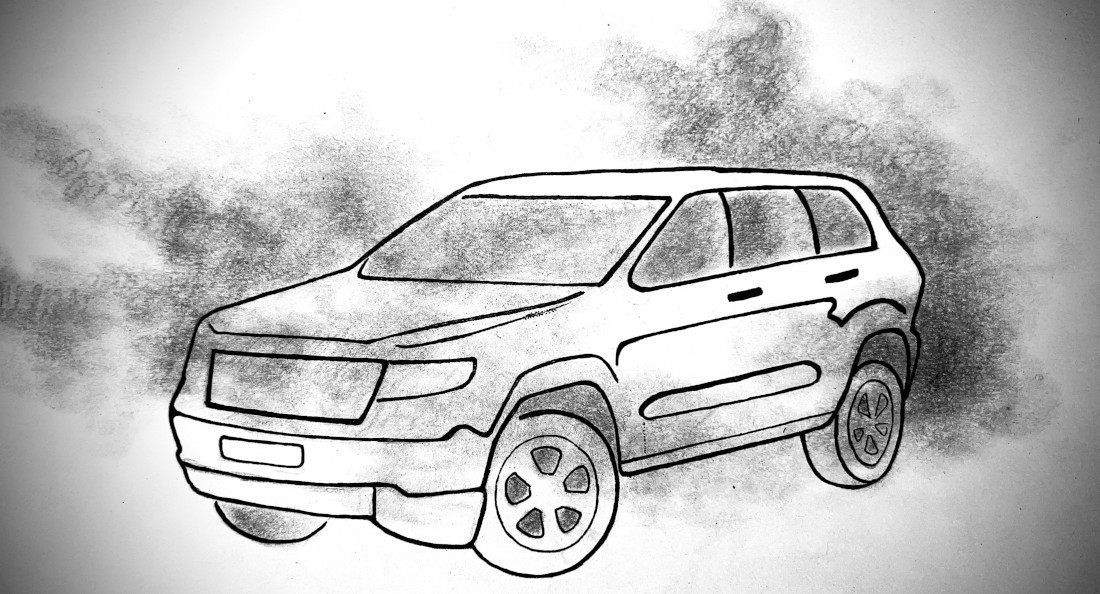SUVs, Winnipeg’s apex predator
One green city
Sport Utility Vehicles (SUV) are quickly becoming a consumer favourite in Canada, with sales tripling in the last 10 years. They have ample cargo space, high seating with great visibility, and, according to ecologist Andreas Malm, you should deflate the tires of each one you see.
The How to Blow Up a Pipeline author believes that acts of sabotage, from targeting fossil-fuel infrastructure to defacing carbon dioxide-spewing vehicles, are morally just in our current climate crisis.
Eliminating SUVs would make a significant difference. If SUV owners formed their own country, they would place sixth for the world’s largest emitters of CO2, pumping out a billion tonnes of the gas each year.
SUVs also make roads less safe for people trying to limit their emissions. As physically larger and heavier vehicles, SUVs are essentially apex predators in cities and a threat to anyone who may accidentally get in their way.
While SUVs are responsible for 14.7 per cent of pedestrian and cyclist collisions, they’re at fault for 25.4 per cent of fatalities, according to a study from the Journal of Safety Research.
Not only are these gas-guzzling, super-polluters putting people in physical and environmental danger, but most SUV own- ers don’t even regularly use their car’s towing ability or cargo space.
While SUV marketing highlights their towing capacity, a study found that in Quebec, 74 per cent SUV owners have never even used their towing hitch. The same study found that less than half of SUVs use all of their seats at least once a week.
So what are they doing in our cities?
Big cars are status symbols that make the driver feel safe while putting everyone else on the road at greater risk. While travelling to and from work or running errands within the city, SUVs are unnecessarily producing 30 per cent more CO2 than smaller cars would.
Malm may encourage people to slash the tires on their neighbours’ Ford Escapes, but a more effective and less antagonistic solution would be for the province to step up and introduce legislation to discourage SUV sales.
A few countries have already started cracking down on the popular high-emitters. In an effort to make SUVs less appealing in the city, Paris voted to raise the cost of parking SUVs in the city to 18 euros. The United Kingdom has banned advertisements for Toyota SUVs, citing their “(disregard for) their impact on nature and the environment.”
Multiple levels of government already ban advertisements for cigarettes and tax tobacco products. Why couldn’t they do something similar for SUVs?
We can not allow for SUVs, which are worse for the planet and more dangerous to cyclists and pedestrians than smaller cars, to continue to menace the roads of our city when they are not even being used to their full capacity.
It makes no sense for a country promising to be net-zero by 2050 to allow for the sale of vehicles that are unnecessarily contributing more emissions each trip. Bold climate policy won’t be popular, but taxing or even banning SUVs would both lower our emissions and make the roads safer for everyone else.
Allyn Lyons lives on Treaty 1. It’s pronounced uh-lyn lions.
Published in Volume 78, Number 21 of The Uniter (March 14, 2024)







